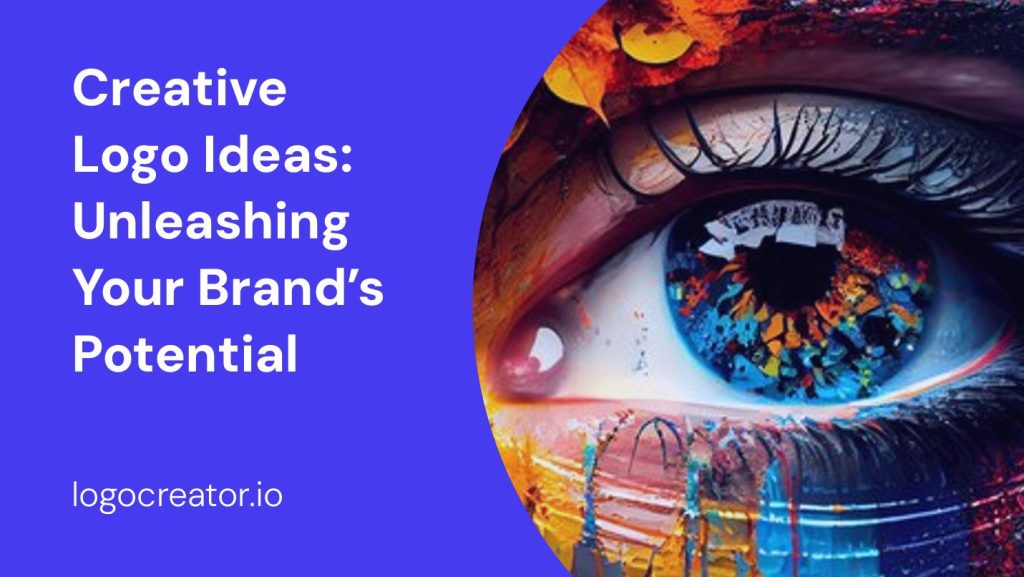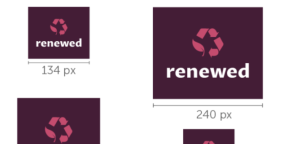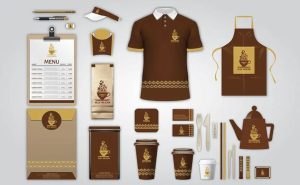Introduction
Creating a unique and visually appealing logo is paramount to establishing a strong brand identity. Your logo is the face of your business, representing its values, personality, and the products or services it offers. In today’s competitive market, it is crucial to stand out from the crowd with a creative and memorable logo. In this article, we will explore a variety of creative logo ideas that will help you unleash your brand’s potential and leave a lasting impression on your target audience.
The Power of a Creative Logo
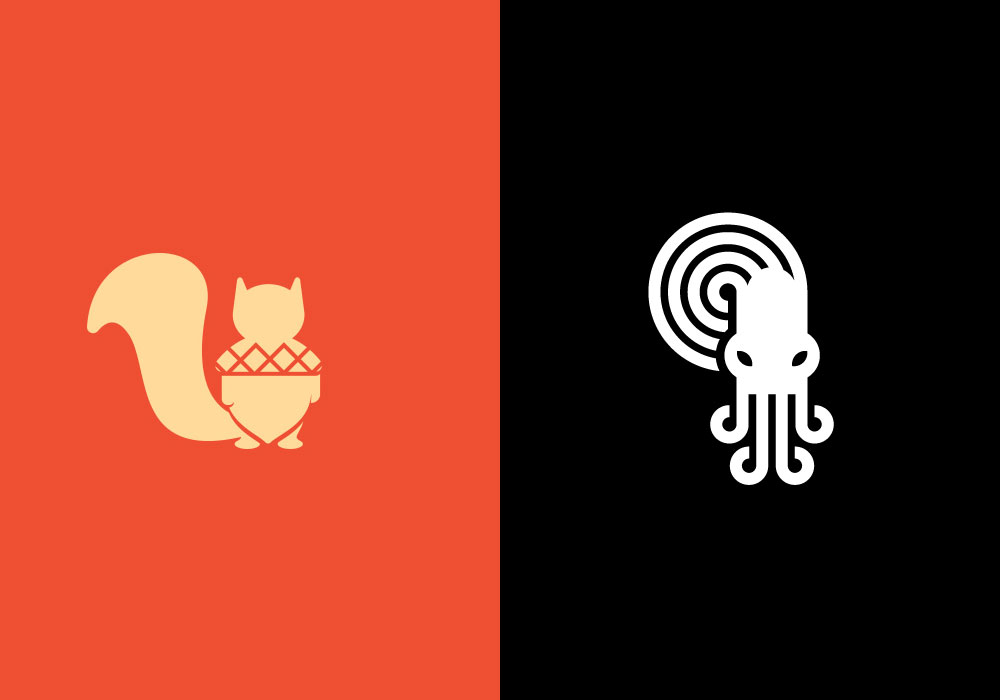
A well-designed logo has the power to communicate your brand’s message and evoke emotions in a split second. It serves as a visual representation of your brand’s personality, values, and mission. A creative logo can help you:
1. Establish Brand Recognition
A distinctive and creative logo can help your brand stand out in a crowded marketplace. When your logo is easily recognizable, it becomes an instant connection between your business and your customers. Think about iconic logos like Nike’s swoosh or Apple’s bitten apple. These logos are simple, yet they have become synonymous with the respective brands they represent.
2. Convey Your Brand’s Personality
Your logo should reflect your brand’s personality and values. Are you a fun and playful brand or a serious and professional one? The design elements, color palette, and typography used in your logo can convey these traits to your audience. For example, a handwritten logo with bright colors may suggest creativity and a youthful spirit, while a clean and minimalist logo might indicate professionalism and simplicity.
3. Build Trust and Credibility
A well-designed logo can help build trust and credibility with your audience. When your logo looks professional and visually appealing, it creates a positive perception of your brand. People are more likely to trust a business that invests in its visual identity. A creative logo can set the tone for your brand’s reputation and attract customers who resonate with your values.
Exploring Creative Logo Ideas
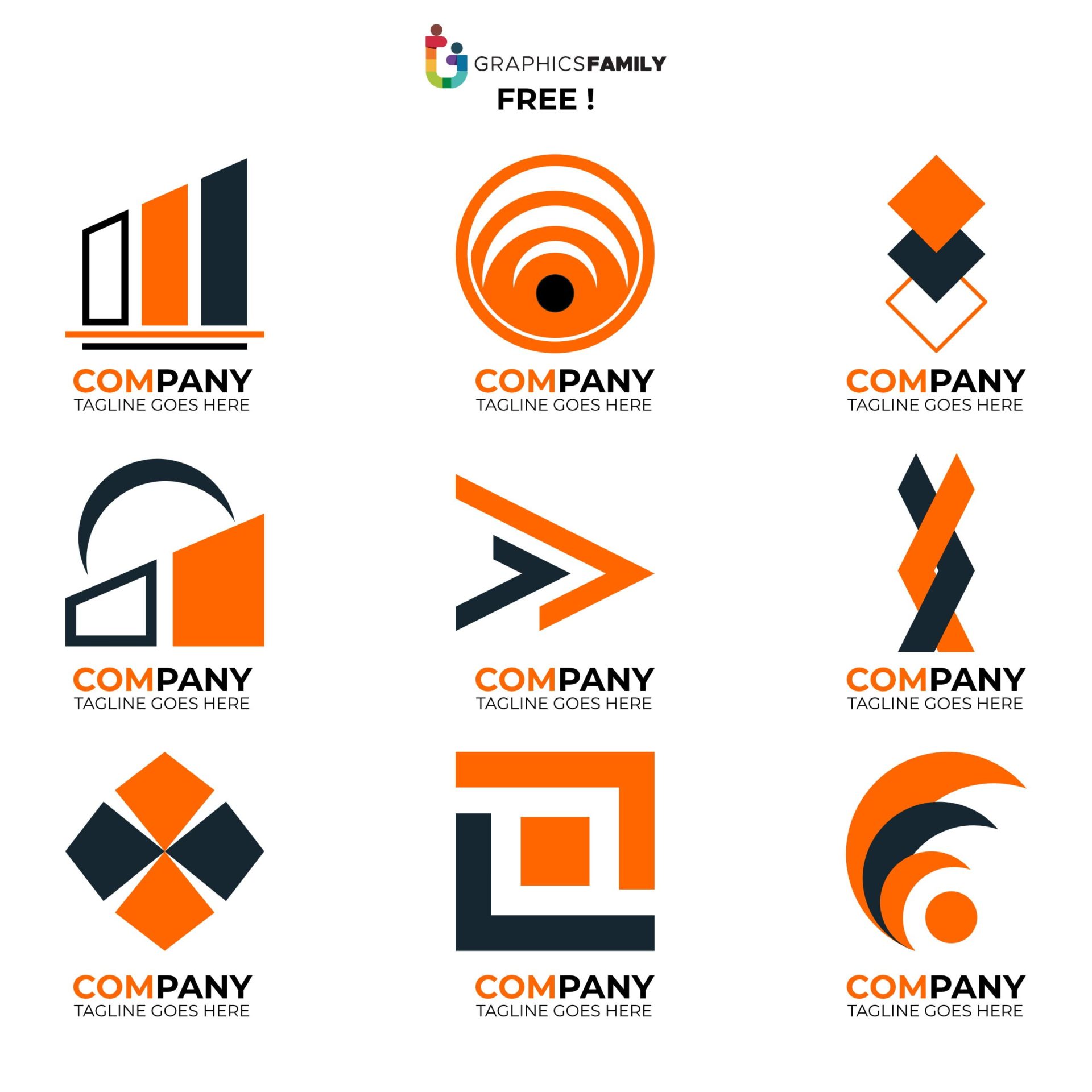
Now that we understand the importance of a creative logo, let’s explore some ideas and inspiration to help you design a logo that stands out from the competition.
1. Typography-Based Logos
Typography-based logos focus on the creative use of fonts to convey the brand’s message. By experimenting with different fonts, sizes, and spacing, you can create a unique and eye-catching logo. Consider brands like Coca-Cola or Google, whose logos are primarily typographic and instantly recognizable. When using typography, aim for a balance between legibility and aesthetics.
2. Abstract and Geometric Logos
Abstract and geometric logos leverage shapes and forms to create visually intriguing designs. These logos often use simple geometric shapes, such as circles, squares, or triangles, to convey a message or represent a concept. The use of abstract elements can add a sense of mystery and uniqueness to your logo. Think about the FedEx logo, where the negative space forms an arrow, symbolizing speed and precision.
3. Symbol and Icon Logos
Symbol and icon logos use a single image or symbol to represent a brand. These logos are highly versatile and can be easily recognized even without the brand name. When designing a symbol or icon logo, strive for simplicity and clarity. The Apple logo is an excellent example of a symbol logo that has become synonymous with the brand itself.
4. Mascot Logos
Mascot logos incorporate a character or an illustrated figure to represent the brand. This type of logo is often associated with sports teams or brands targeting a younger audience. Mascots can add personality and a friendly face to your brand. Consider the Michelin Man or the KFC Colonel as examples of successful mascot logos.
5. Negative Space Logos
Negative space logos cleverly use the space around and within the main design to create secondary imagery or hidden messages. These logos often require a keen eye to discover the hidden elements, which can create a sense of intrigue and engagement with the audience. The WWF (World Wildlife Fund) logo is a famous example, where the negative space forms the shape of a panda.
6. Handmade and Hand-drawn Logos
Handmade and hand-drawn logos have a unique charm and authenticity that can set your brand apart. These logos often have a human touch and can evoke emotions of creativity, craftsmanship, and personalization. They work particularly well for brands in creative industries or those seeking a more personal connection with their customers.
7. Minimalist Logos
Minimalist logos embrace simplicity and clean design principles. These logos often feature clean lines, minimal colors, and straightforward typography. A minimalist approach can help your logo appear modern, sophisticated, and timeless. Brands like Airbnb and Chanel have successfully adopted minimalist logos to convey elegance and simplicity.
Putting Your Ideas into Action
After exploring these creative logo ideas, it’s time to put your ideas into action. Here are a few steps to guide you through the logo design process:
1. Define Your Brand’s Identity
Before diving into logo design, clearly define your brand’s identity, values, and target audience. Understanding these aspects will help you create a logo that resonates with your brand and connects with your desired audience.
2. Sketch and Brainstorm
Start by sketching out ideas and brainstorming concepts. Let your creativity flow without worrying too much about details at this stage. Experiment with different shapes, fonts, and styles to see what resonates with your brand.
3. Refine Your Concepts
Narrow down your ideas and refine them into a few strong concepts. Consider seeking feedback from others to gain a fresh perspective and make necessary adjustments.
4. Choose Colors and Typography
Select a color palette and typography that aligns with your brand’s personality and values. Colors evoke emotions, so choose them wisely to evoke the desired response from your audience.
5. Create Digital Mockups
Once you have a refined concept, create digital mockups using design software or hire a professional designer to bring your ideas to life. This step will help you visualize how your logo will appear in different contexts, such as on your website, social media, or physical products.
6. Test and Iterate
Test your logo with your target audience and gather feedback. Iterate on your design based on the feedback received, ensuring that your logo effectively communicates your brand’s identity.
7. Protect Your Logo
Once you have finalized your logo, protect it by registering for trademark rights. This will prevent others from using your logo, ensuring its exclusivity and safeguarding your brand identity.
Conclusion
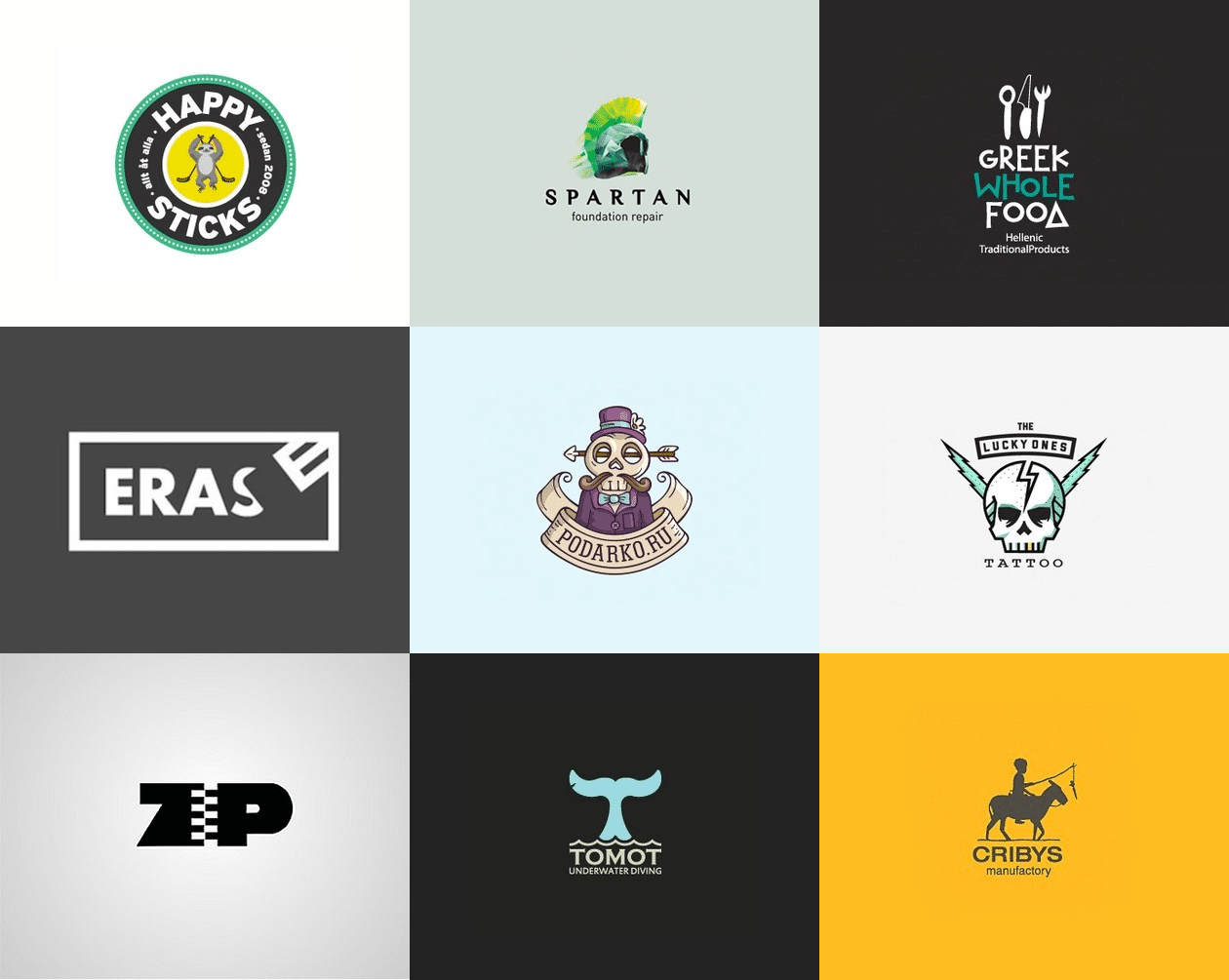
Designing a creative logo requires thoughtful consideration, creativity, and a deep understanding of your brand’s identity. A well-designed logo has the power to capture attention, build trust, and convey your brand’s message instantly. By exploring various creative logo ideas and following a systematic design process, you can create a logo that not only represents your brand but also leaves a lasting impression on your audience. Embrace the power of creativity and unleash your brand’s potential through a remarkable logo.
Marietta Arnold is a branding and design enthusiast who draws inspiration from hobbies like hiking, photography, and art exploration. With a background in graphic design, she shares insights on branding strategies and logo design trends. Stay updated with Marietta’s work for the latest in branding and design.
